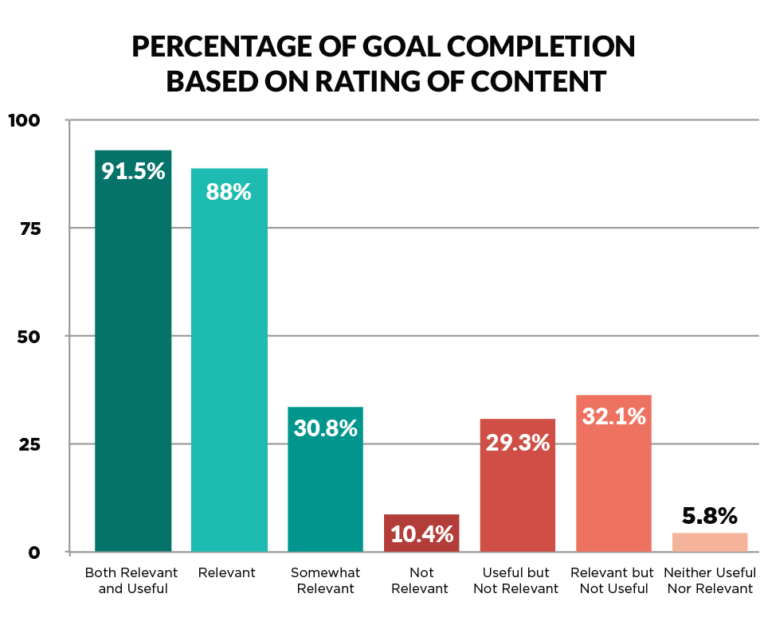
Digital marketing teams rely on the power of Content Management Systems (CMSs) to efficiently publish and distribute content across a multitude of channels. Without them, putting thoughtfully produced content in front of our audiences would be an arduous and technical undertaking.
Even with the benefit of CMSs, there’s still more we can do to optimise the performance and relevancy of that content. What if I told you that you could leverage artificial intelligence to deliver only the most relevant content to granular audience segments across all of your touchpoints?
Digital Experience Platforms (DXPs) like Altis represent the next evolution in content and asset management and delivery. Comprising a suite of powerful functionalities that previously had to be tediously patched together, DXPs enable you to simplify and unify the distribution of your brand’s content across websites, apps, social media, email, devices, portals, and other channels to provide seamless customer experiences and homogenous brand messaging.
DXPs use personalisation for contextually relevant marketing
Personalisation is at the core of Digital Experience Platforms. It unifies your content wherever you choose to distribute it and makes the optimisation of the customer journey and all its components, across all touchpoints, far more manageable and measurable.
88% of marketers achieved measurable business outcomes as a result of implementing personalisation.
Instapage
Irrelevant and misaligned marketing communications are wasteful for the marketer and downright frustrating for the user. As consumers, we’ve all experienced some variation of:
- being served ads for a product you just bought;
- receiving a product recommendation you will never have any use for;
- product availability or unavailability online not reflected in-store;
- receiving an email inviting you to an event of no personal or professional significance to you (despite your interest in other verticals that the brand serves).
Digital Experience Platform functionalities prevent this type of friction in the buyer’s journey by listening closely to harvested user data and efficiently delivering contextual, customer-centric experiences online.
Personalisation can bring up your bottom line
88% of marketers achieved measurable business outcomes as a result of implementing personalisation. This was possible because they avoided poor, unpersonalised digital experiences precipitated by events like those listed above.
Content Science Review says shoppers who perceive the content they interacted with to be ‘relevant’ are nearly 3 times as likely to accomplish their goals than those who felt it was only ‘somewhat relevant’. This translates to positive business results for marketing teams, boosting brand value and facilitating conversions.

Acting on a growing understanding of the importance of highly personalised digital experiences, Nordstrom implemented a strategy to replicate their successful in-store experiences online. The company’s main competitive advantage was that sales associates were able to make strong connections with customers by offering personalised product recommendations. Partnering with tech company BevyUp, Nordstrom sought to bring the same level of connection online to mobile devices.
The digital transformation was so successful that it resulted in the acquisition of BevyUp by Nordstrom and brought the company:
- 32% increase in online conversion rate;
- 250% increase in average online order value; and
- 50% decrease in-store returns.
Omnichannel marketing: be everywhere, consistently
Digital Experience Platforms make it easier to reliably reach your audiences, wherever they want to interact with your brand, and in a way that improves their experience with it. DXPs harness cloud technology, data analytics, and marketing automation to faithfully deliver a consistent content digital experience for the entire buyer’s journey, no matter the device, channel, or location.
Because the reality is that shoppers hop between channels as they make their purchasing decisions. Almost three-quarters of consumers want a consistent experience across all channels, but only 29% of them feel that that’s what they’re getting. If you’re not everywhere they need you to be, when they need you to be there, you are providing an incomplete and flawed digital experience. This is where your conversions will fall through the cracks.

Omnichannel marketing and personalisation go hand in hand to form optimal digital experiences. There is more to omnichannel than just publishing content to all the channels you can possibly manage, as you might with multichannel marketing. It’s about presenting content that is timely and consistent with the user’s expectations, without annoying them (or – let’s be real – wasting their time) with irrelevant content unrelated to their journey which detracts from their digital experience and, subsequently, the entire customer journey, both online and off.
Digital Experience Platforms put the power of omnichannel personalisation into the hands of marketing teams to better familiarise us with our customers, provide them with a better experience with our brands, and drive better business results.
Deliver better content and campaigns faster
It can be slow-going when executing strategies and rolling out campaigns using a traditional CMS, and it may feel like you’re doing the same thing over and over again as you publish repeatedly across channels. As your company scales, the lost profits from these inefficiencies scale with it.
A DXP resolves this issue by syncing the content that you’re implementing across all channels at once. This means you only need to create the content once and it will be distributed to wherever your heart desires among the places you are present on the web.
In turn, the user data that is gathered from the actions taken on that multitude of channels can be fed back into one place in your DXP, gauging the relevancy of that content and informing future marketing decisions.
Altis is the DXP designed for marketers looking to make their team more agile and optimise customer experiences for websites built on WordPress.
